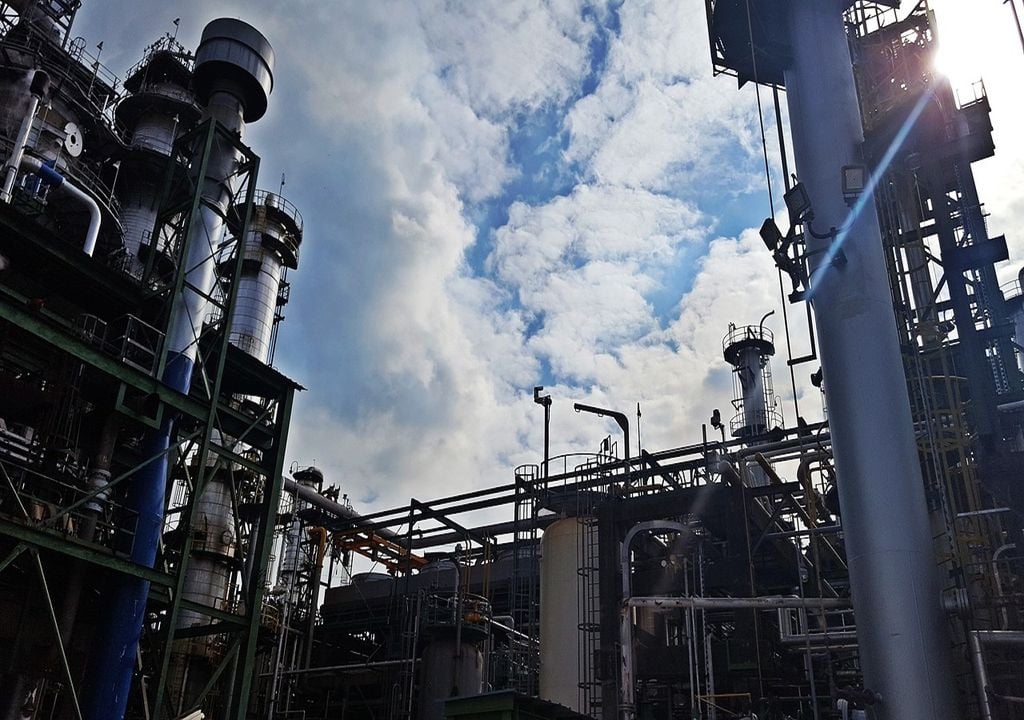Mexico could build biorefineries to benefit sustainable development and the economy
Building biorefineries can benefit sustainability and the economy in Mexico, experts say. But what about the rest of the world, and traditional petrochemicals?

Recent research suggests that Mexico could grow its economy while saving the planet by building biorefineries that could turn seaweed, cooking oil, sugar cane, and even vegetable peel into biofuel and modern day products: from shoes to pharmaceuticals.
Biorefineries could open doors to a “circular bioeconomy”, experts say from the University of Surrey and Mexico’s Instituto Mexicano del Petroleo. They recently published a study in the Journal of Cleaner Production which analysed the predominant products in biorefineries.
The petrochemical industry accounts for approximately 10% of direct carbon dioxide emissions across the globe. While petrochemical plants refine petroleum “feedstock” into chemicals for use in products like plastic, detergent and paints, this petroleum feedstock cannot be made up for through energy efficiency measures. To meet net zero, the energy system may need to change on a deeper level, as it seems that the use of biomass and biofuels are one possible way to replace fossil fuels in the chemical industry.
Organic materials in nature to useful modern day products
Fossil fuels need not be relied upon to make many of the materials we see today. Seaweed can be used to make chemicals for shoes, packaging or cosmetics. Agricultural waste can also be resued for energy generation.

Professor Jhuma Sadhukhan, from Surrey’s School of Civil and Environmental Engineering, said: “In the drive to net zero, it’s easy to fixate on growing crops to fuel our homes or cars. Our study shows Mexico can do so much more."
“Around the world, businesses are turning biomass into shoe soles, or skin cream. With the right investment and the right plan, there is no reason Mexico cannot lead the world in this growing industry.”
Relying on biomass instead of fossil fuels would bring us closer to a carbon-neutral goal. To date, biomass-related policies have seldom incorporated sustainable development, for example, by not considering how deforestation could arise with the introduction of a new bioenergy facility.
The team encourage investments to change existing energy systems, like petrochemical plants, into biorefineries. In addition to producing new products, this can combat air pollution in the long term. The bioeconomy policy they propose would help Mexico reach the United Nation’s Sustainable Development Goals.
Multi-faceted large plants for a circular bioeconomy
To save on environmental and economic costs, big biorefineries with capacity to convert organic matter from plants into chemicals would ideally make products in the same facility. If the facilities generate biofuels and energy with heat simultaneously, this will be even more advantageous.
Economically, having biorefineries supersede petrochemicals might sound like a large expense. But experts say that a biorefinery generating 220 kilotonnes per annum costs them about the same as a petrochemical facility at $750 million. They add this presents an opportunity to Mexico who needs a bioeconomy plan with relevant policies and investments to be made.
This development could also present an opportunity to other countries by setting an example of how opening up to biorefineries in place of petrochemical plants can be beneficial in more ways than one.








